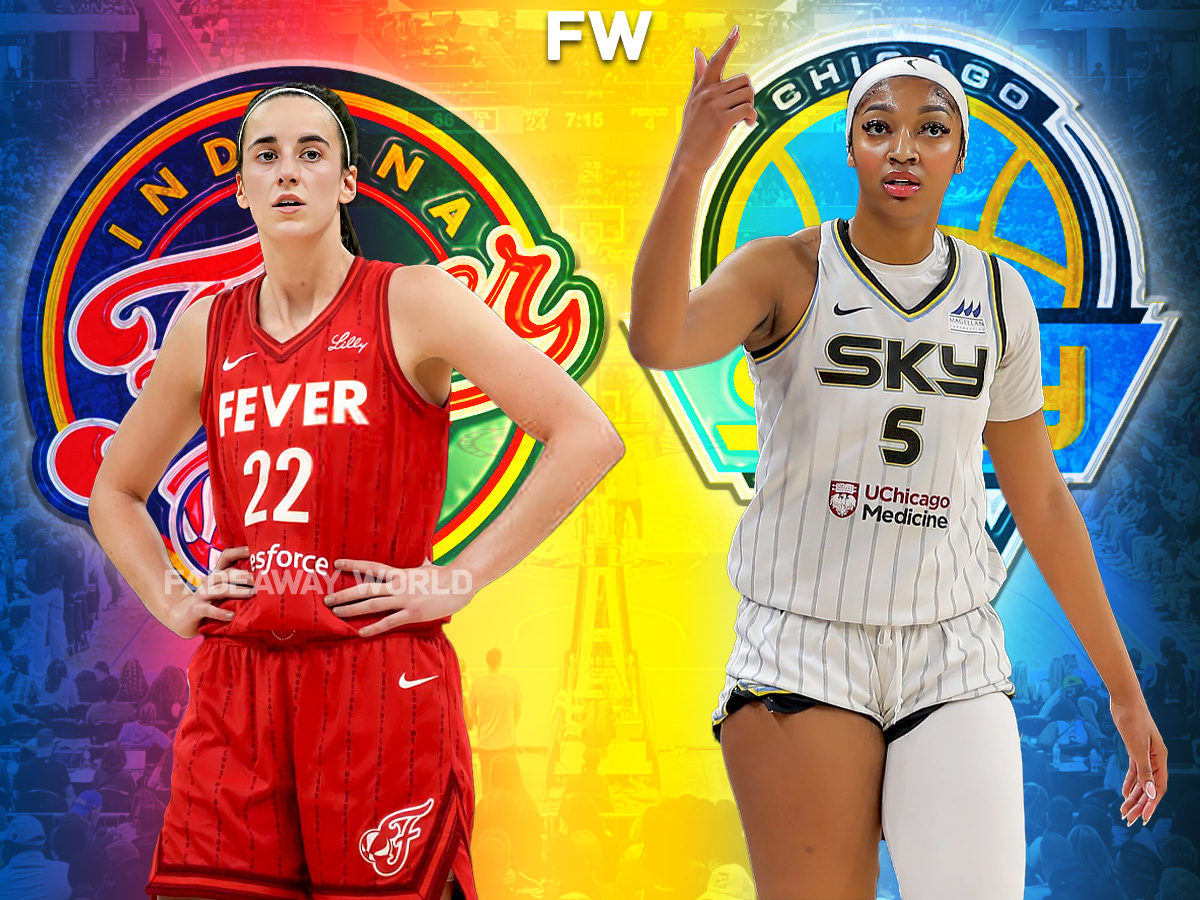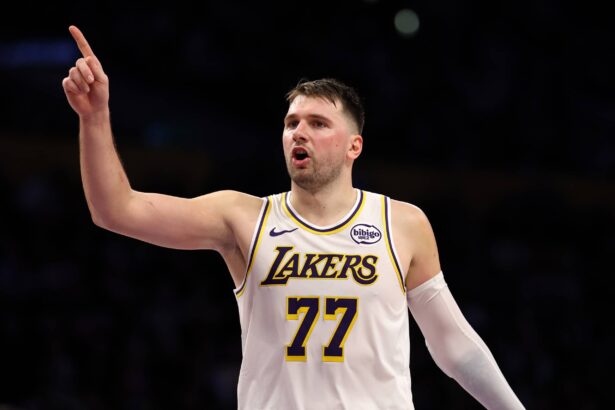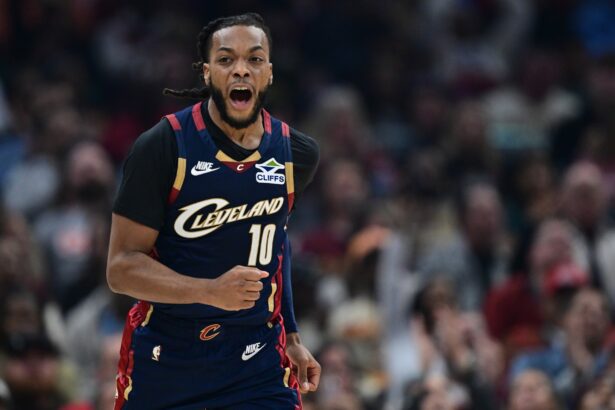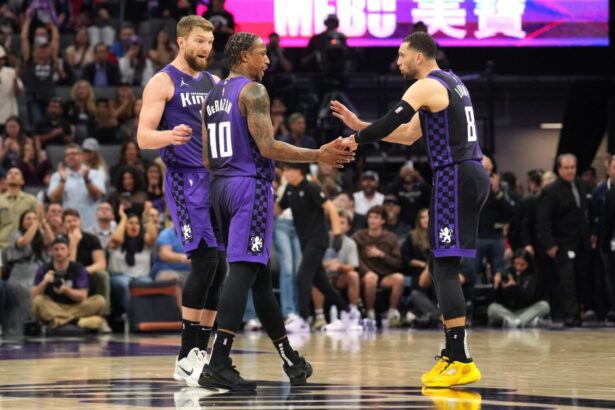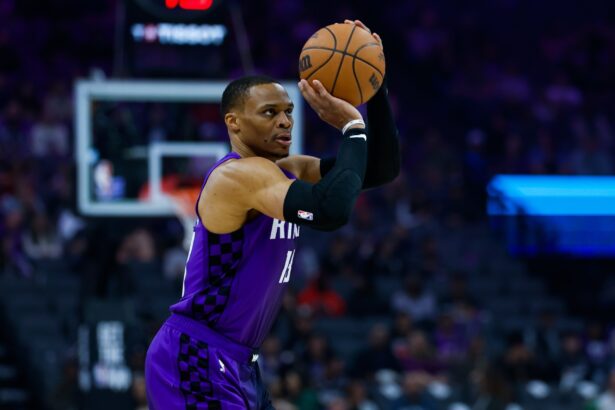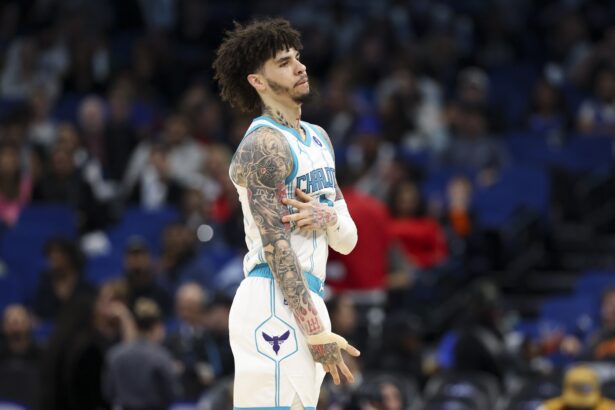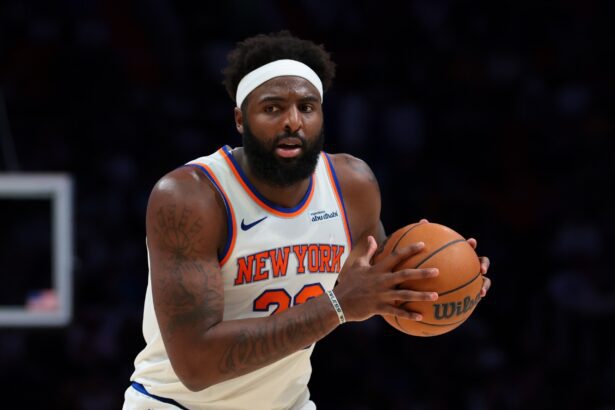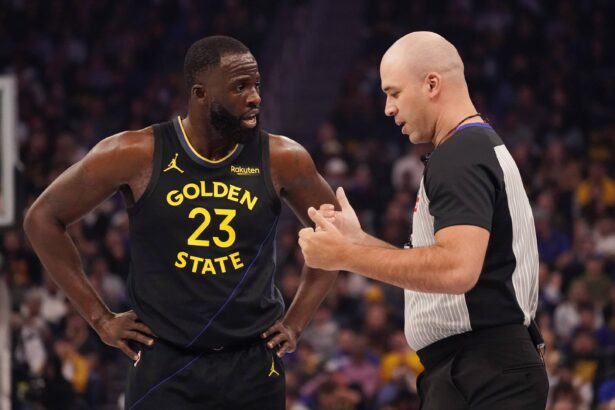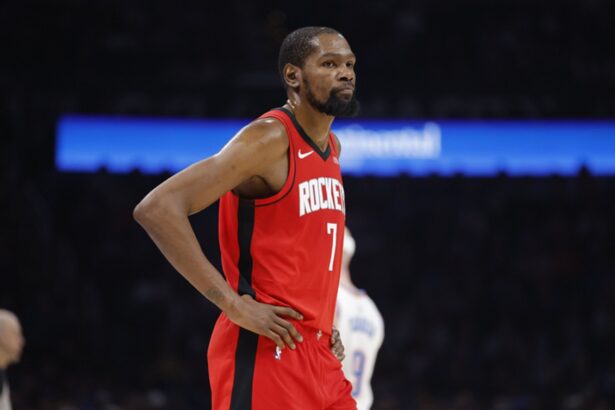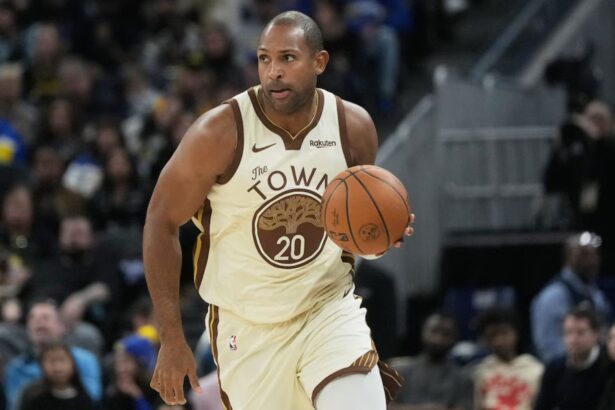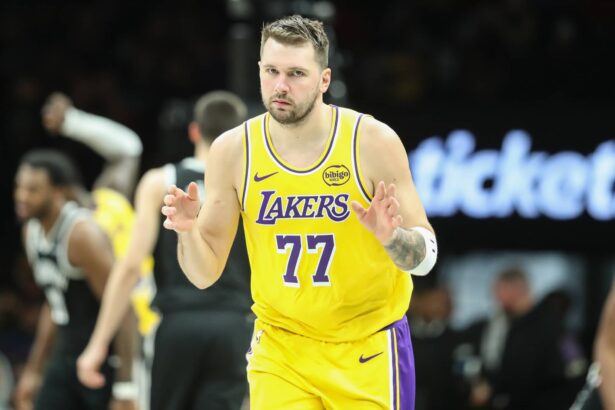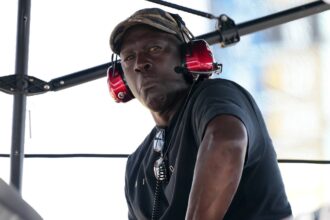Joy Taylor’s recent appearance on the Joe Budden Network stirred up another flashpoint in the ongoing Caitlin Clark vs. Angel Reese discourse. In Taylor’s words:
“The Magic Johnson, Larry Bird moment for the WNBA. Like, this is great. I’m a storyteller. I think storylines are so f***ing important. I think you need villains. I think you need heroes. You need s**t to sell.”
“You got to sell a fight — like, brand all of this. And it upset white men to watch this strong, winning, unapologetic Black woman be in Caitlin’s face. And they still cling to it.”
“And it’s now like spun to this whole thing where like Caitlin’s better than Angel and blah, blah, blah. I just said, we would not be talking about Caitlin Clark the way that we do if it wasn’t for that moment with Angel Reese, and I will die on this.”
She compared the rivalry to a Magic Johnson, Larry Bird moment for the WNBA and framed Angel Reese as a necessary “villain” to amplify Clark’s stardom. According to her, Reese’s unapologetic persona and taunting in the 2023 NCAA Finals sparked a cultural moment that elevated Clark’s spotlight.
While Taylor’s take is compelling from a narrative and media standpoint, sports do thrive on rivalries and contrasting personalities, it overlooks one massive detail: Caitlin Clark was already a transcendent, once-in-a-generation superstar before that showdown.
The media didn’t need Angel Reese to recognize greatness when Clark was breaking records nightly and dragging Iowa into national relevance with logo threes and mesmerizing playmaking.
The idea that Clark’s fame hinges on Reese is simply not supported by numbers. In fact, Clark’s impact on WNBA viewership and revenue has been historic. Before her quad injury on May 24, games featuring the Indiana Fever averaged 1.81 million viewers.
Since her absence, WNBA viewership has collapsed by 55%, per Nielsen data. A Fever-Sky matchup without her, featuring Reese, saw ticket prices dip to as low as $3. That’s not the sign of a rivalry carrying the sport. That’s proof that Clark is the moment.
Meanwhile, Clark was projected to help push the WNBA’s total economic footprint near $1 billion in 2025, and her social media presence, jersey sales, and ratings pull have been unmatched, including among NBA peers. That’s not something Angel Reese or anyone else “created” for her.
To be clear, Angel Reese is a talented rebounder with an infectious personality and marketability of her own. But in basketball terms, she’s simply not on Clark’s level. Candace Parker said it best: “It’s like comparing apples and oranges.”
Reese is a bruising forward with developing offensive tools; Clark is a floor-general who shoots from the logo, passes like Chris Paul, and elevates her team’s offense every trip down the floor.
In their respective sophomore seasons, the gap has only widened. Clark is averaging 19.8 points, 8.9 assists, and 5.3 rebounds per game, despite being the focal point of every defense. Reese is pulling down rebounds at a high rate (11.5 RPG), but is scoring just 10.8 points on 37.4% shooting, not the stat line of a rival keeping pace.
Yes, the Reese taunt at the 2023 title game generated headlines. But to say it “made” Caitlin Clark ignores the fact that Clark’s play has been driving the WNBA’s surge, not a gesture after the buzzer.
Joy Taylor is right that sports need heroes and villains. But in this case, the hero was already shining, and the numbers prove it.

